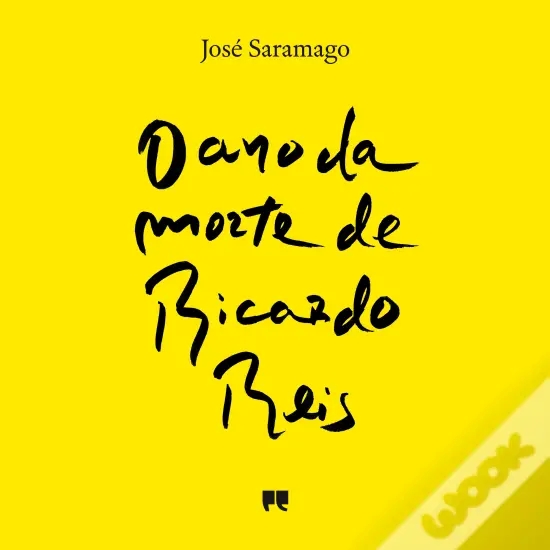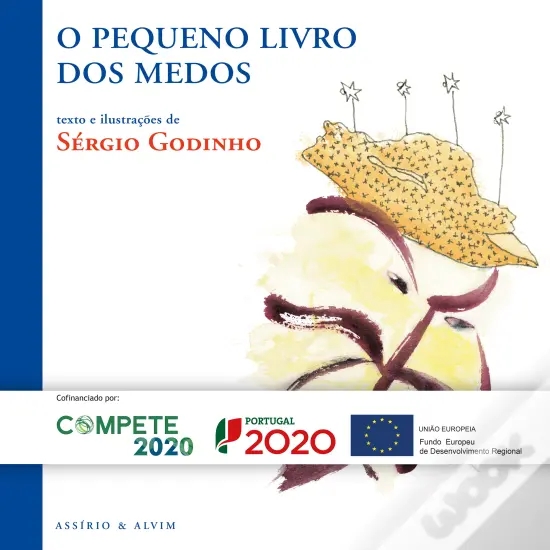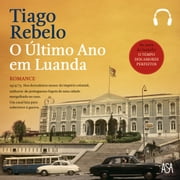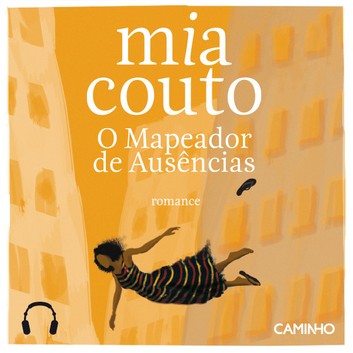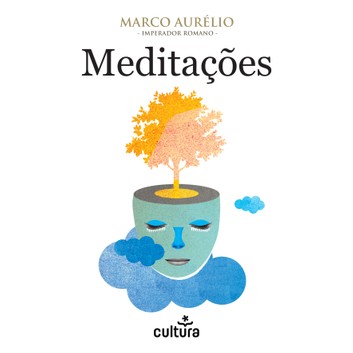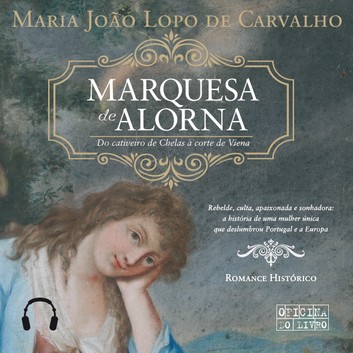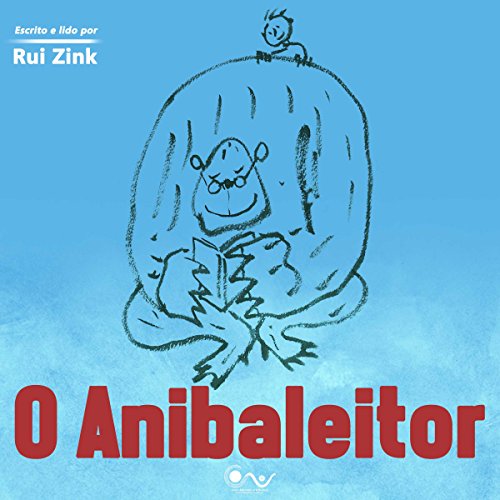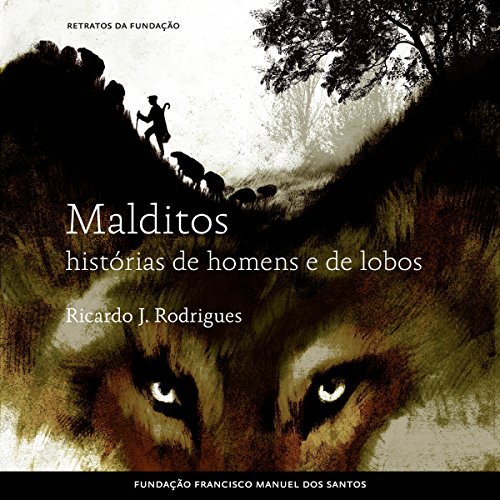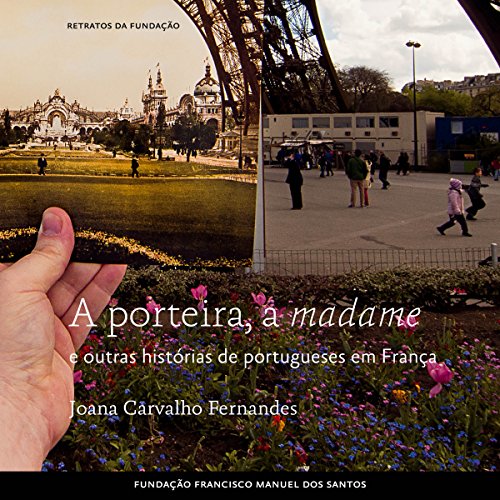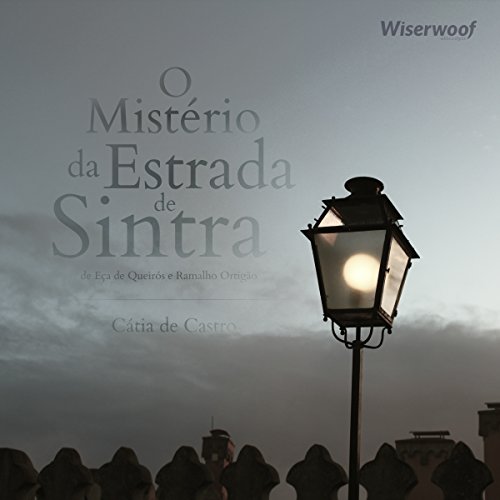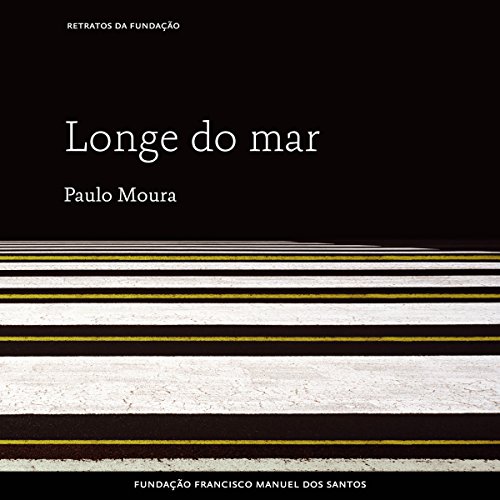Introduction
I love audiobooks. Love, love, love them. They’ve turned the tedious chores of life like doing the dishes, folding clothes, digging the garden – into delicious reading time. Fred Nietzsche once said “against bordeom, the gods themselves struggle in vain” but that’s because they didn’t have a mobile device loaded with audiobooks to while away their tedious eternity. Those poor deities didn’t know what they were missing, up in Mount Olympus with nothing but starting wars and disguising themselves as swans to while away the hours.
Anyway, obviously, when I started to learn Portuguese, my first thought was “how can I get hold of portuguese audiobooks?” I keep seeing this same question over and over again on Facebook, and it’s always a struggle, especially for new learners because it’s not always easy to spot the european portuguese among the endless vistas of brazilian-accented stuff, so I’ve trawled through all 1000+ portuguese audiobooks on Audible, plus as many as I could find on Kobo, the new audio section of Bertrand, even newer Wook audio section and a few free ones I know about and I’ve collected all* the european portuguese audiobooks together on one page in the hope that it’ll be some use to other audio fans.
Wook
Wook is a known and establish brand with a great selection and a decent price. It is the newest entry (as far as I’m aware) in the audiobook stakes and although the range isn’t huge, it has a few that none of the other players have got on their roster. Like Bertrand, it has its own dedicated, standalone player that is only used for its audio offerings and unlike Bertrand’s it doesn’t cut out every 2 minutes, which is nice. The site lets you filter on Portuguese as opposed to Brazilian Portuguese language (Yessss!) and each one has an audio-sample if you want to check the audio quality
First of all, Wook has three audiobooks by Saramago, which is more than all the rest put together, I think! They have O Ano Da Morte de Ricardo Reis, Memorial do Convento and A Viúva. Not for the faint hearted (especially the first one), but if you have the skills for it, a hatrick of José Saramago Audiobooks could be a really great way to spend a few days!
O Pequeno Livro dos Medos by Sergio Godinho is a 21-minute long children’s book exploring what we mean by fear. Probably a good place to start if you’re looking for a first audiobook
.
Filho de Mil Homens by Valter Hugo Mãe. I’ve read a couple of Valter Hugo Mae’s books before and even written a post about him. He’s a well-respected writer of literary fiction as well as an illustrator and beard-haver. I recently read it and it’s pretty accessible, although I don’t think I payed close enough attention to have fully grasped every detail
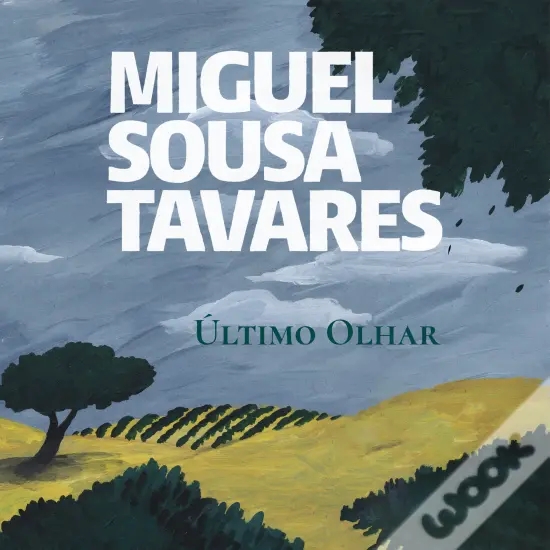
Último Olhar by Miguel Sousa Tavares is a book I hadn’t even heard of but I liked the sound of it. It spans a century, taking in the spanish civil war, World War 2 and everything up to and including Covid 19! Sounds ambitious, eh?
There are also quite a few titles in their personal and spiritual development section if that’s your bag. It’s actually a weird way to file these books since they’re actually a mish-mach of history, politics and all-sorts. I won’t list them all individually. Just avoid the obviously brazilian ones! They also have quite a few translated works from english, spanish, etc. I am not interested in those, personally, but if you arem, check them out.
Kobo
Kobo probably has the best selection of european portuguese audiobooks over all, but the site is harder to navigate than Wook. I’ve had a really thorough dig and found the ones listed below. There might have been more added since, but it’s not easy to search for them directly, you have to just rummage around with random searches and hope for the best.
Like Audible (see below), they have a monthly subscription model. but it won’t warn you if – say – you try to buy a cheap audiobook for less than the cost of a credit, which I find a bit annoying, so if you sign up, just make sure you don’t buy anything less than £6 using the “buy with credit” option. That said though, if you are prepared to fight your way through the search feature, there are a few gems in there, so to save you the headache of looking, here are the ones I know about:
O Último Ano Em Luanda (The Last Year in Luanda) Tiago Rebelo This is a new addition at the time of writing (June 2022) and I was really excited to see it pop up on the site because it had been on my TBR as a paperback for quite some time and I know another portuguese learner who raves about Tiago Rebelo. I listened to it early this year. It’s an interesting story about people caught up in the pivotal events at the end of portuguese rule in Angola. The reader does a great job so it’s pretty easy to follow as these things go. I don’t want to unerstate it: it’s a 400-odd page book, so it’s not for newbies, but having a reader who speaks clearly really helps a lot!
Margarida Espantada (Margarida Amazed) Rodrigo Guedes de Carvalho This is a modern literary novel, which probably sounds a bit intimidating but it’s quite short and not too bad in terms of vocabulary. It deals with a fairly messed up family: a domineering father and his adult children. It has some fairly dark themes (domestic violence and mental illness, for example) so probably heavier than most of the other titles on this page. It’s read by the author himself and it sounds great.
Cuidado Com o Cão (beware of the Dog) Rodrigo Guedes de Carvalho I guess Rodrigo Guedes de Carvalho must have been happy with the success of his first venture into audiobooks because he’s recorded a second book – again, in his own voice. It’s a new book and deals with an old guy living alone during the Covid pandemic. I haven’t read it yet, but plan to just as soon as I’m finished with the Tiago rebelo book.
Os Maias (The Maias) Eça de Queirós Confusingly listed on the site as “Maias” without the Os at the start. This is a portuguese classic and a daunting, epic work of 21 hours so definitely not for the faint-hearted but if you want a challenge, this is something a lot of people will have read in school, so if you can master it, you’re doing well! I found a couple of audiobooks by the same author but the readers seemed to be brazilian. This one’s kosher though.
Enquanto Salazar Dormia (While Salazar was Sleeping) Domingos Amaral This one is extremely listenable. For a grown-up novel, I found it very easy to follow and very enjoyable, albeit slightly far-fetched. It’s set during the war and references a lot of real events. I would suggest reading “Lisbon” by Neill Lochery (below) before you start because it’ll give you all the background you need. The Casablanca cover is deliberate and points to one of the weaker aspects of the book: the author’s attempt to piggy-back onto the feels of that film by including it in the actual effing narrative. But don’t let that put you off. There are some good spy shennanigans and everyone is smoking and all the women have their breasts described by the narrator because the author seems to be going out of his way to confirm all the stereotypes about male authors and female characters. I’m not really selling this, am I? It’s good, though, OK?
Napoleão Vem Aí! (Napoleon is Coming) Domingos Amaral Another historical novel by the same author as “Enquanto Salazar Dormia”, this one is set during the peninsular war, when Napoleon invaded Sopain and Portugal and the royal family had to slee to Brazil to stay safe. It’s a fascinating period of history, so it should be an interesting book

O Dia do Terramoto (The Day of the Earthquake) Isabel Alçada, Ana Maria Magalhães This is a fairly short book aimed at children in year 6 so should be a fairly easy listen. It deals with the great Lisbon earthquake which destroyed the capital and necessitated a complete rebuild by Sebastião José de Carvalho e Melo, the Marquis de Pombal, diplomat, politician, former ambassador to britan and all-round crazy bastard.
Os Cães de Salazar (Salazar’s Dogs Francisco Moita Flores I’d never actually heard of this book before and was inclined to think it was some ropey old history book when I first made this page but then I realised I had a different novel by the same author – “Não há Lugar Para Divorciados” and this one actually has a higher star rating than mine on Goodreads! This one is about an attempted assassination of Salazar in 1937 and the attempt to track down the people responsible. It’s based on an actual real event (you can read about it here).
Quando Portugal Ardeu (When Portugal Burned) Miguel Carvalho Non-fiction account of the period immediately after the carnation revolution when the country was close to civil war, the communists, under influence of Russia, were trying to re-establish dictatorship, but of a dfferent colour, and the CIA were trying to block that. Although the revolution itself was peaceful, some of the aftermath seems to have been messier and Miguel Carvalho can tell you all about it!
Perguntem Sarah Gross (Ask Sarah gross) by João Pinto Coelho. I’ve heard good things about this one, so I’ve bought it but haven’t got around to reading it yet. It’s set in America and seems to have something of that american TV-influenced vibe about it, at least in my imagination!

A Gorda (The Fat Girl) by Isabela Figueiredo was really popular on Portuguese Bookstagram a couple of years ago and although not a super-smash, was racking up some pretty respectable star ratings on Goodreads so it obviously has its fans. I read it a few months ago and you can read my mini-review here if you’re so inclined.
Em Todos os Sentidos (In Every Sense) by Lídia Jorge is in the form of 41 short studies in which she mixes her memories and her opinions about the world. Short texts like this can be quite accessible because if you lose your thread you only need to rewind back the the start of the chapter rather than faffing about trying to work out where you last knew what was going on. She’s a good writer sometimes a little challenging – I once spent a few weeks agonising over “A Costa Dos Murmúrios” for example – but this one was much more straightforward.
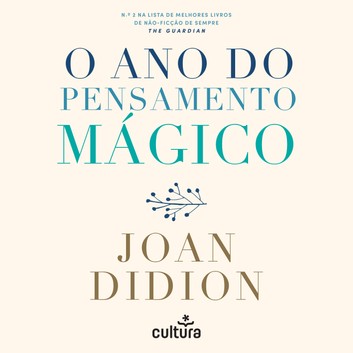
O Ano do Pensamento Mágico (The Year of Magical Thinking) by Joan Didion. This is obviously a translation of a work in english (well, American, anyway). I know the original text but haven’t ventured into the translation yet.
O Mapador de Ausencias (The Mapper of Absences) by Mia Couto. Another revelation, this: I hadn’t seen Mia Couto on Kobo previously but when I looked again for this page, there it was. very exciting! I haven’t read any of his stuff but my wife, who has excellent taste, likes him, so this should be good.
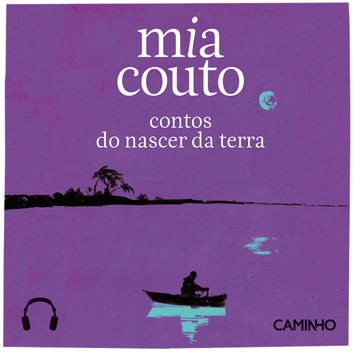
Contos do Nascer da Terra (Tales of the Beginning of the World) by Mia Couto is a new arrival on Kobo since I made the first draft of this page. I’m not a huge short story fan but as I mentioned above with the Lídia Jorge book, they have their advantages if you find it hard to maintain concentration and follow a longer text, so I have read this one and got on OK with it.
O Apelo Selvagem (the Call of the Wild) by Jack London. There isn’t an audio sample of this one, so I can’t hear it but it’s by the same reader as the Mia Couto book above, so should be safe to assume this is european too. Classic tale of a dog feeling the pull towards his wolfy heritage.
Meditacoes (Meditations) by Marcus Aurelius. Is Stoic philosophy as cool in portuguese as it is in english? Yes, yes it is.
.
.
Cartas a Um Jovem Poeta (Letters to a Young Poet) by Rainer Maria Rilke. Classic short book of letters about the nature of the life of a poet
.

Tu És o que Pensas (You Are What You Think) by James Allen. Positive Thinking, Self-Help book by a british writer.
.
.
A Marquesa de Alorna (the Marquesa of Alorna) by Maria João Lopo de Carvalho Sprawling, 22 hour epic historical novel set in the era of Sebastião José de Carvalho e Melo, aka the Marquês de Pombal. Again, there isn’t an audio sample for this one but it’s by the same reader as some of the previous books, and it’s set in Portugal, so this should be a safe bet, I think
10 Crónicas (10 Chronicles) by António Lobo-Antunes Short stories from one of Portugal’s best writers. I have this on my phone but haven’t dared listen yet since one of my portuguese friends told me his writing was “a bit dense”. The chronicles are ment to be a good place to start though.
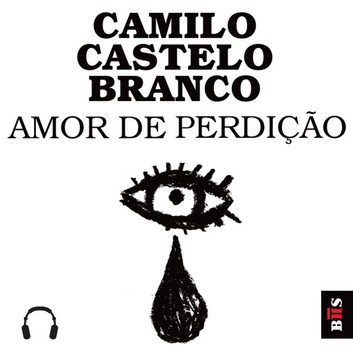
Amor de Perdição (Love of Damnation) by Camilo Castelo Branco Amor de Perdição is a very well-known, and well-liked love story along the lines of Romeo and Juliet. It’s not as old as Shakespeare, but I believe this is a popular choice in portuguese literature class, so this would be equivalent to reading some Jane Austen, maybe…?
Leandro Rei de Helíria by Alice Vieira is a dramatised, child-friendly, funny, portuguese version of King Lear. Alice Vieira, is a really good author to start with if you want to try reading a novel. She writes for school-age children and teenagers, so her stories are at a nice uncomplicated level with decent, readable stories. if you are ready to make the jump from basics to proper novels, I can recommend sampling something of hers.
A couple of José Milhazes’s books about Russia have been rushed into audio format to meet the demand caused by Putin’s recent colonial adventure. You can get “Europa e Rússia” and “A Mais Breve História da Rússia” I’ve read the former and it’s very good.
Bertrand – The Original Fully Portuguese Audio Bookshop

I was delighted to find out in 2021 that Bertrand have started selling audio books. The selection is limited and so – to an extent – is the functionality. For example, it doesn’t have a preview feature so you can’t listen to see if the audio is european or brazilian portuguese. There are a few that seem more likely than others though, and I have bought a couple that were fine: O Vendeador de Passados by José Eduardo Agualusa and Vidadupla by Sérgio Godinho. I would expect the other Sérgio Godinho books to be safe too, so I will probably buy those next. The main audio page is divided by language and from there you can dig into a lot of subsections. It’s just a shame you don’t get to hear samples.
The other main annoyance, at least on my phone, is that the audio periodically stops and needs to be restarted. This will be fine if you are just sitting and listening during study time but if you are trying to listen while gardening, say, it will become seriously annoying! I’d suggest Wook is a better bet.
Audible – Undisputed Kings of Audio… But Do They Even Portuguese?
Well yes, they do, but not so much. There is a page where they collect together all their foreign language collections and they have german, french, spanish, dutch, danish. Danish, fam! Effing DANISH! But no portuguese section. They have Saramago in German, french, italian, spanish, english and turkish. TURKISH!!!! No portuguese though. It’s a disgrace, I tell you. If you’re not already a member of audible, don’t worry, I can help. You can join here (it’s a sponsored link so if you do, I’ll get a bonus as well as you getting a good deal, so everyone’s a winner)
(I’m using the .co.uk site – I think Audible.com might have slightly different offerings: they definitely have far more Saramagos in english, the jammy bastards)
Listening Tips
I feel like an idiot for taking so long to realise that I could slow down the reading speed in the Audible app, so if the text is hard to follow, I can set it to 0.9 speed and it’ll give my brain a bit more time to process what it’s hearing. I definitely recommend playing with the reading speed to try and find a nice comfortable level. I’d also say, don’t worry too much about following every word: if there are a few missing words, your brain will fill in the gaps. Just try and follow the train of the story.
The Books
O Principezinho (The Little Prince) by Antoine de Saint Exupery is a classic french children’s book, loved by everyone the world over, and translated into most human languages and a couple of outer-space languages too, probably. In european portuguese it’s “O Principezinho” (the Brazilians call it “O Pequeno Principe”). Being a book for children, the grammar isn’t too twisty and if you’re lucky enough to know the story already it should be easy to follow.
A Morte Do Papa (The Death of the Pope) by Nuno Nepomuceno is a chunky blockbuster which, as you have no doubt guessed by now, deals with the murder of the pope. Nuno Nepumeceno seems like a nice guy, and this is his seventh book, I think. He and José Rodrigues dos Santos seem to have tied up the papal beach-thriller market between them. I’ve read the fourth, A Célula Adormecida (Sleeper Cell) in paper format. It is also about the death of the Pope! As I write I have only just spotted this on Audible, so it’s going straight on my wish list!
O Anibaleitor (The Anibaleitor) by Rui Zink is a picaresque story about a man in search of a monster called “O Anibaleitor” which is a pun on “Hannibal Lector” and “leitor” (“reader”). He ambushes sailors and steals their books. It’s funny and packed full of references to classic sci fi and adventure stories. I gave it 4 stars in Goodreads.
Faz-te Homem (Man Up) by João Coelho is a fun treatment of manliness with a whole cast of narrators. I recognise a few of the names and they’re quite well-known comedians, not just jobbing audio book readers. The humour is quite broad and laddish, so don’t listen if that sort of thing annoys or offends you. It’s worth adding, too, that you’ll come across a range of accents, speaking quickly and using quite a lot of slang, so be warned!
Malditos: Histórias de Homens e de Lobos (Cursed: Stories of men and of wolves) by Ricardo J Rodrigues is ostensibly about wolves in rural Portugal and the farmers who encounter them as “enemies” and occasional predators of their flocks. But it’s about more than that, in a way, it’s about the shrinking of habitats and the change from rural life to a more modern, urban landscape.
Notas de Rodapé (Footnotes) by Paulo Da Costa is collection of poems by an Angolan-born Portuguese guy living in Canada. He reads them himself, and his accent might not be standard, but Angolan portuguese is a lot closer to european portuguese than the Brazilian variety so you should be on pretty safe ground here I think.
A Porteira, a madame e outras histórias de portugueses em França (The Porter, the Lady and Other Stories of Portuguese People in France) by Joana Carvalho Fernandes is just what it sounds like: a set of stories of portuguese people living in France. The portuguese population in France is huge, and they have arrived in waves, most recently as a result of the economic crisis, but before that many left to escape the dictatorship and even earlier, war and economics have been a spur for many migrants.
O Mistério da Estrada de Sintra (The Mystery of Sintra Street) by Eça de Queirós is one of the earliest mystery novels in portuguese, written by one of the country’s greatest writers. I haven’t read it yet but it’s on my list. I’m looking forward to something along the lines of “The Murder in the Rue Morgue”, “The Moonstone” or the Sherlock Holmes stories.
Longe do Mar (Far From The Sea) by Paulo Moura is a travelogue. A journlist from Público heads down through Portugal from north to south, telling the stories of those he meets along the way.
.
Alentejo Prometido (Promised Alentejo) by Henrique Raposo is another book about travel inside the country. A Lisboan journalist goes in search of his roots in Alentejo.
.
Trás-os-Montes, o Nordeste (Trás-os-Montes and the North-West) by José Rentes de Carvalho is a valedictory description of the Trás-os-Montes region, its landscape and its culture. It could be a good one to listen to during a vist, I’m sure.
Portuguese Short Stories by Bruno Portela is just a sampler of short texts for learners, so this is probably the least challenging of the books on this page. Incidentlly, if you click on the name of the narrator of this one, you can find lot of other audio programs by the same guy: vocabulary, phrases, and so on. I haven’t tried any of them but they might be your cup of tea.

TSA Contra o Povo – Um Conto de Vinganca (TSA Vs the people – A Tale of Vengence) by Robert W McGee is a short little book. I almost didn’t include it because it seems more like a glorified podcast episode than a proper book, but in the interests of completeness…
Os Inadmissíveis (the Inadmissibles) by Owen Jones I know we’re not supposed to judge books by their cover but I have to say, I find this one really offputting. It’s about a Thai farmer whose blood turns to water, apparently, so if that sounds interesting and you aren’t shallow like me, take a look. One of the characters is called Da which seems like it’s calculated to cause grammar confusion in Portuguese. The author is Owen Jones, but not (as far as I know) the annoyingly smug, misogynist Guardian reporter of that name, so no worries there.
Free Audiobooks
There are a few free audiobooks knocking about on Librivox. You can find free versions of the above-mentioned Amor de Perdição by Camilo Castelo Branco for example, or Contos (Short Stories) by Eça de Queirós. Most Librivox recordings are public domain literature of the type that might be taught in a school literature class for older children, so the language is quite old-fashioned. The quality of the reading is a bit variable too. Occasionally you’ll get half way through listening to something read by a portuguese woman and suddenly you find yourself listening to a brazilian man with no warning. It’s a bit disconcerting!
The trick on Librivox is, when you find a portuguese book, you can click the name of the reader and look at all the other things they’ve recorded, since they often add new ones as time goes on.
Some episodic books are available as podcasts. For example, here’s 13 Psicópatas Portugueses by Joana Amaral Dias. She has released it on some paid platforms too, like Kobo, but it’s only available one chapter at a time which is awkward because it means you can’t use one subscription credit to get the whole book and you end up paying about £12 instead of £6. The podcast is available on quite a few platforms though, so maybe get the podcast free if your budget won’t stretch and pay for some/all the episodes, or even the e-book version (The full title is “Psicopatas Portugueses: 13 Histórias Reais de Morte, Perversão e Horror“.) if you are able to support the author.
Kobo itself does some free audiobooks, which you can filter to show only portuguese. They’re mostly podcast episodes and Brazilian Bible-bashers, but you can find the occasional nugget such as these Christmas stories from Público, which includes one by Mia Couto. The number of these and the variable length/quality makes me a bit reluctant to list them individually though, I’m afraid!
Sbroing is a blog/podcast that does some children’s stories, among other things. You can find a free version of O Principezinho broken into chapters here if you’re on a budget but need that sweet, sweet Antoine de Saint Exupery goodness, and there are a few short children’s stories elsewhere on the site if you rummage around a bit.
There are videos of people reading books – mainly children’s stories – out loud and that can be a good way of starting out, listening to stories. Público has collected a few on its site that you can look at for example. And here’s O Lagarto by José Saramago on Facebook video. I have a YouTube Playlist featuring some well-known examples. Since they’re for children, though, some of the larger channels are configured as child-friendly which means, among other things, that you can’t add then to a playlist, which limits the options somewhat! This one, for example.
Portuguese History and Culture
If you want to find out more about Portugal through books in english, here are a few ideas:
Literature
- Blindness (José Saramago) his best-known work, only available in English though, at the moment
- Cain (José Saramago) Very funny, thought-provoking story based on the biblical story of the first murderer
- The Book of Disquiet (Fernando Pessoa) There’s a copy of “Message” translated by Mark Will on there too, which you can try if you’re feeling brave. Judging by the sample, I don’t think the audio quality is very good though. There are a couple of poetry audiobooks in portuguese too, but be warned, although Pessoa is a portuguese writer, and the grammar is safely portuguese, the narrators all have strong brazilian accents
- Pereira Maintains (Antonio Tabucchi) The writer is actually italian but his book, about dictatorship in Portugal and its neighbour, Spain, is very popular in Portugal and elsewhere.
- Night Train to Lisbon (Pascal Mercier) Another novel about the Novo Estado, written by a foreign author (french, in this case).
History
- Conquerors (Roger Crowley) There are a few other books about the discoveries and the empire but this one is amazing! It’s starts at the end of the fifteenth century when the spaniards and portuguese had kicked the moors out of the iberian peninsula. The portuguese, in one of those moods, decide to take the fight to the enemy by rocking up off the coast of asia in a few tiny boats with holds full of religious icons and cannonballs and declare war on an entire continent. The mixture of bravery and nuttiness these lads had is palpable and it reads like a novel. Really, really good stuff.
- Lisbon (Neill Lochery) about the intrigues of the capital during the second world war. It’s really fascinating and I learned loads!
- A Brief History of Portugal (Jeremy Black)
- Fátima’s Secret – the Catholic Church and the Fátima Pilgrimage (Albert Jack)
- The Last Day – Wrath, Ruin, and Reason in the Great Lisbon Earthquake of 1755 (Nicholas Shrady)
- Cristiano Ronaldo – the Biography (Guillem Balague) OK, not strictly speaking “history” but can you afford not to know about Maderia’s favourite son?
*=This might not be quite true: there are a load of L Ron Hubbard books which I can’t decide about. I don’t recognise his accent as portuguese, but if he’s brazilian he has a pretty mild accent… but in the end, I decided to leave them out, partly because I guessed the books were american so more likely to use brazilian grammar and partly because… well, it’s L Ron Hubbard. Obviously if you like that sort of thing you might want to check them out though.
